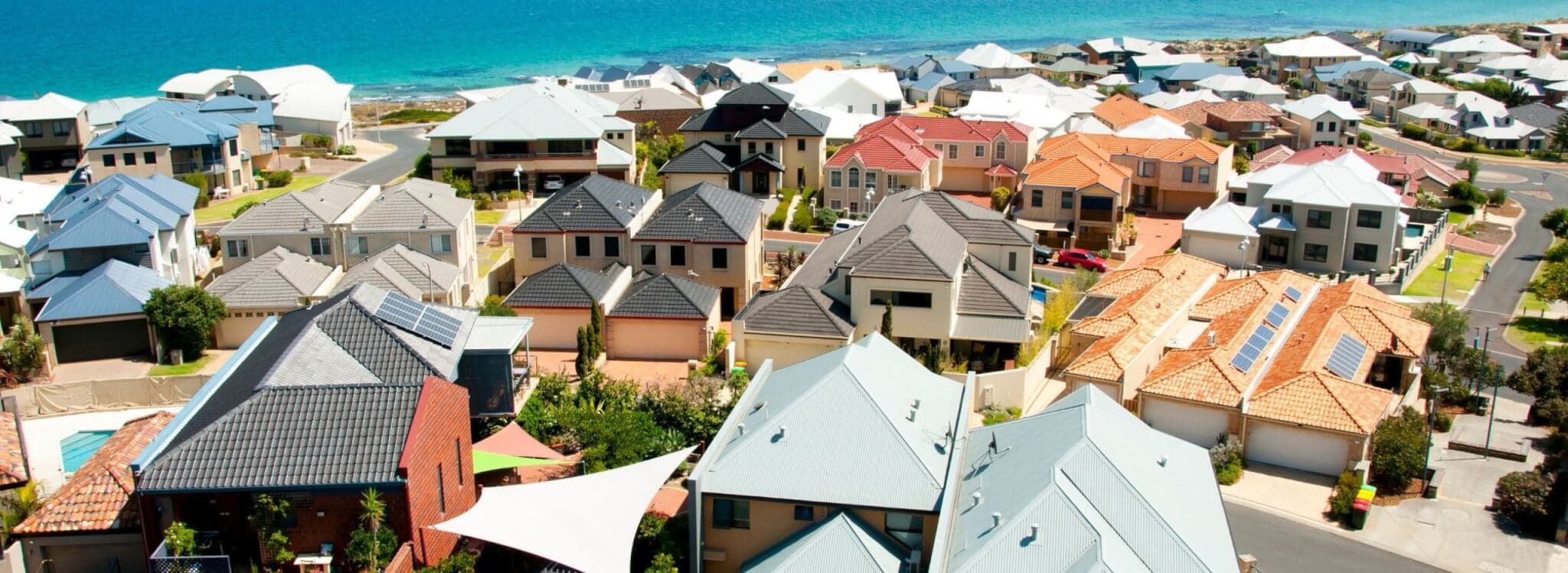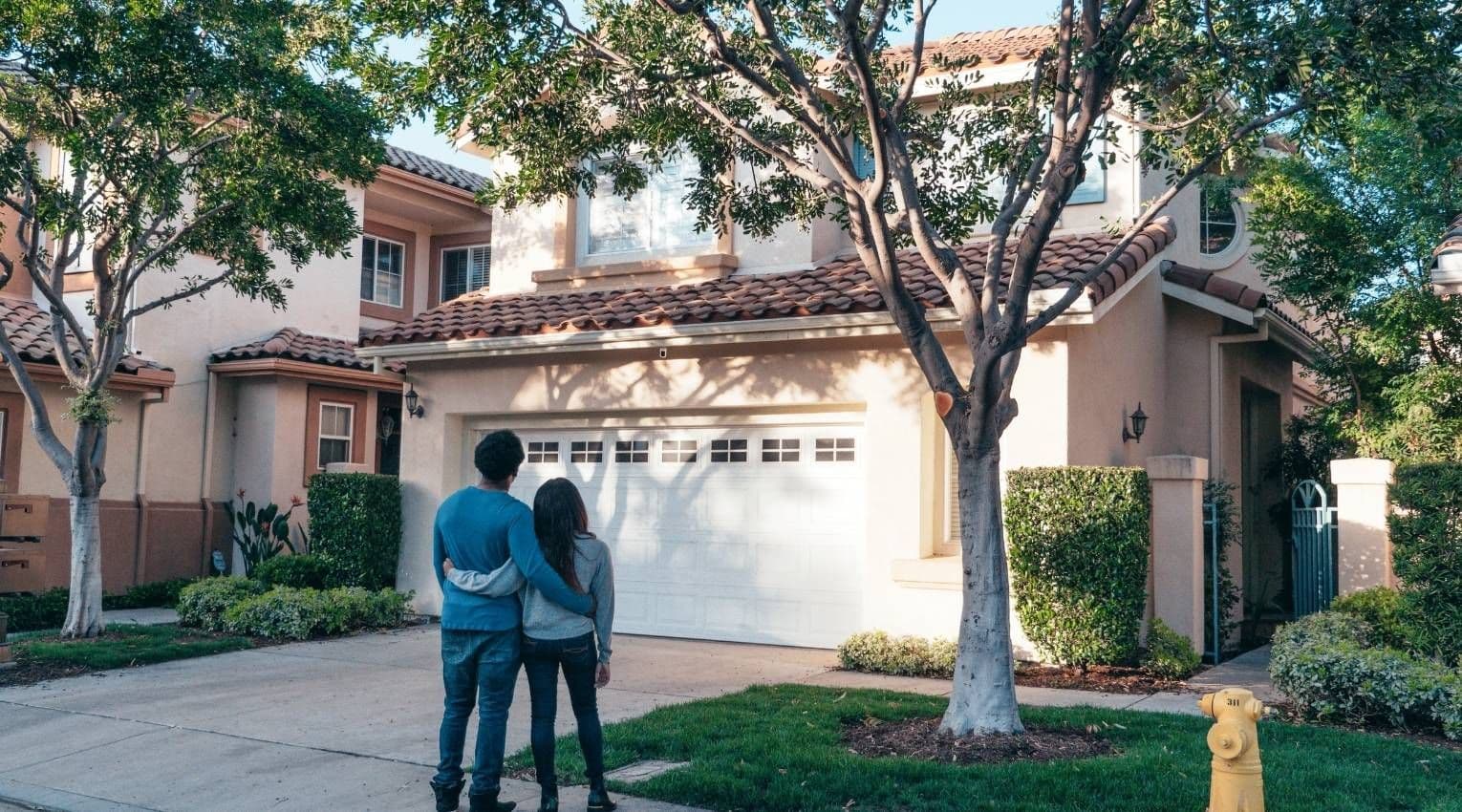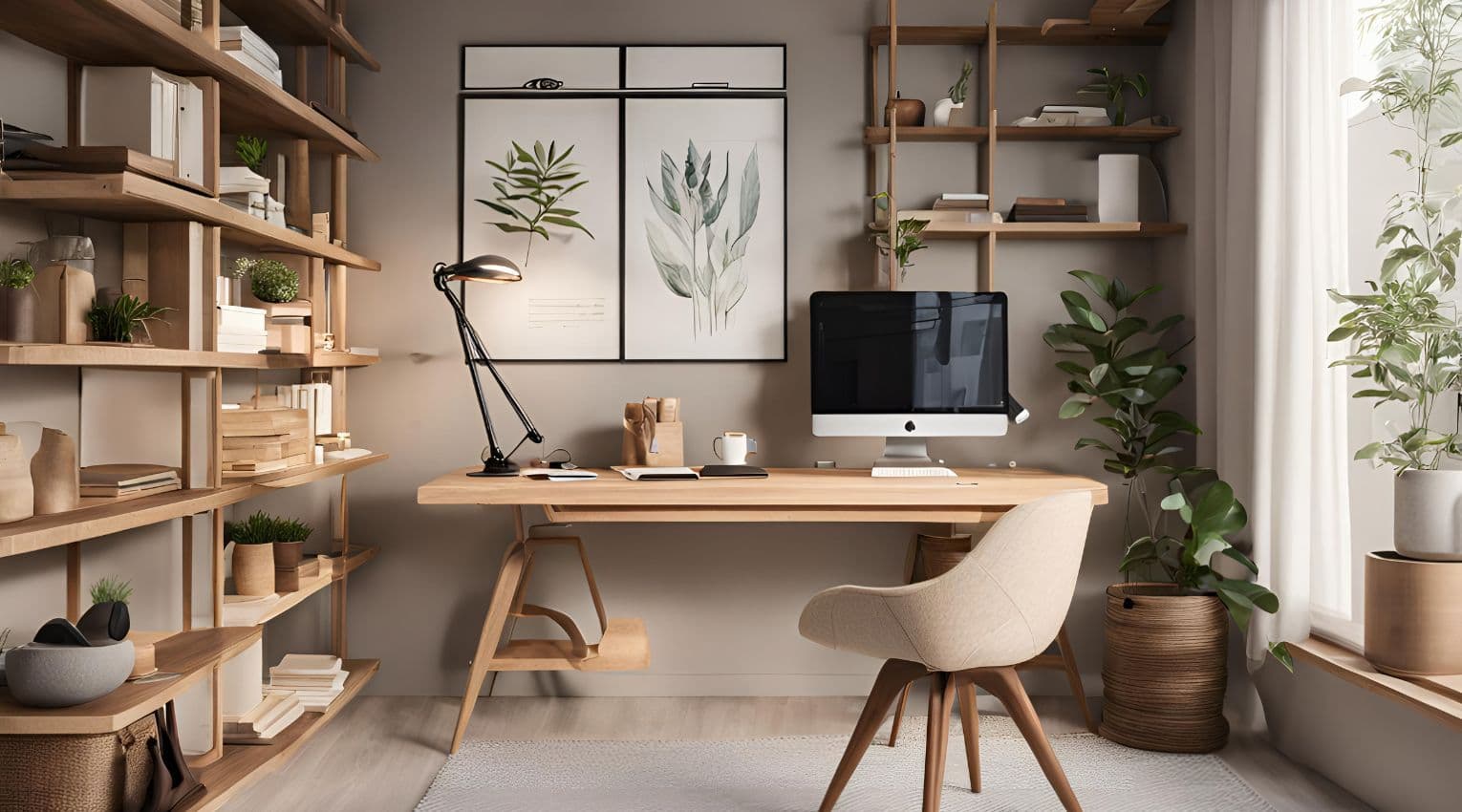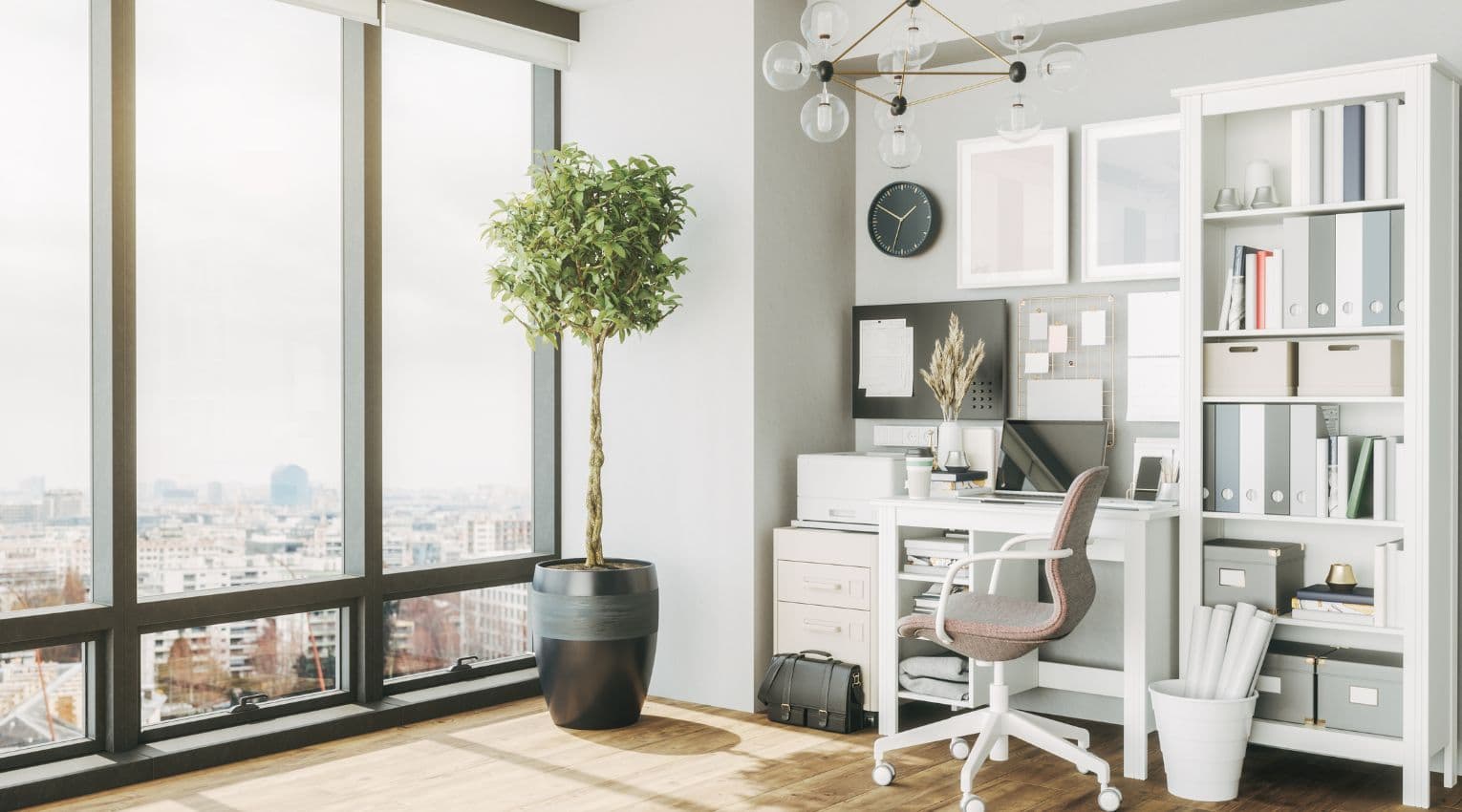2008 Housing Crisis Hangover? Ages 50+ Say Not So Much

It’s not a secret: home prices in the United States are rising rapidly, while employee wages are remaining stagnant. The result? American’s today spend a higher percentage of their income on housing than ever before.
Hometap wanted to know how this crunch between wages and home prices impacts today’s homeowners, so we went out and asked more than 600 people who’ve owned their home for at least five years about their views on all things homeownership. We looked at everything from whether or not it still comprises the American dream, to the realities of financial strain, and even their confidence level 10 years after the 2008 housing crisis.
The results confirm some things we know, like millennials are facing increased financial pressure due to student loans, but others that surprised us, such as Boomer’s higher resilience regarding the 2008 housing crisis. Read on to learn more, and see how today’s homeowners are both struggling and thriving in a time when ‘house rich,’ and ‘cash poor’ has never been more true.
This post is part two of a three part series that breaks down the overall findings as well as examines the differing views of the younger and older generations of homeowners.
2008 Housing Crisis Hangover? Ages 50+ Say Not So Much
No matter our age, we’re ensured homeownership is a sound financial investment. But in 2008, homeowners saw massive declines in their home value and lost that confidence forever. Or did they? Our new study shows that for most, confidence in home ownership remains high, and those age 50+ emerged basically scar free.
For our study, we looked at homeowners who owned a home that lost value during the 2008 crisis. Despite sharing in that loss, ten years later, homeowners show little residual effect, and Baby Boomers are more confident than ever.
Eighty one percent of boomers we surveyed said the 2008 crisis does NOT impact their desire to own a home. In fact, of those that saw their home value decline after the 2008 crisis, 75% say it did not impact their confidence in purchasing a home again, and 91% still believe homeownership is a good investment.
On the flip side, millennials who saw their home lose value in 2008 were 2x as likely as boomers to say the event made them more concerned about whether or not home ownership is a good investment, and 71% more likely to agree the 2008 crisis made them more fearful about purchasing a home.
Really house rich, cash poor, and not liking their options
Boomers working full-time report spending 25% of their salaries on housing costs. On average, those ages 50+ have about $180,000 in equity in their homes, but they’re not accessing it — or even thinking about accessing it:
- 66% have not even considered a second mortgage
- 58% have not considered a HELOC
- 80% haven’t considered a reverse mortgage
- 47% haven’t considered refinancing
- 44% haven’t considered a home equity loan
Gearing up for retirement debt still top of mind.
Of those over age 50, but not yet retired, 78% agreed they expect to be able to retire comfortably in their lifetime. Helping out is that , 92% expect to receive social security benefits from the government in retirement (only 61% of Millennials can say the same)..
But despite this strong hope to enjoy a comfortable retirement, debt lingers, with 50% agreeing debt is one of their biggest daily concerns, and 54% citing, “paying off credit cards” as a major financial goal.
Why aren’t they utilizing the options available to them?
With $180K on average sitting in home equity, and retirement fast approaching, why are boomers so against using their home equity for retirement income?
The answer, it turns out, lies in a strong opposition to debt. Those 50+ reported they are looking to avoid anything associated with debt. In fact, 91% said they would be interested in tapping into their home equity if there were products that allowed them to do so without taking on debt – this is more than 2x the amount that have considered any currently available options such as HELOC or second mortgage. And overwhelmingly, these same people said that if they could access their equity, they would use it to fund their retirement.
The more you know about your home equity, the better decisions you can make about what to do with it. Do you know how much equity you have in your home? The Home Equity Dashboard makes it easy to find out.
You should know
We do our best to make sure that the information in this post is as accurate as possible as of the date it is published, but things change quickly sometimes. Hometap does not endorse or monitor any linked websites. Individual situations differ, so consult your own finance, tax or legal professional to determine what makes sense for you.



